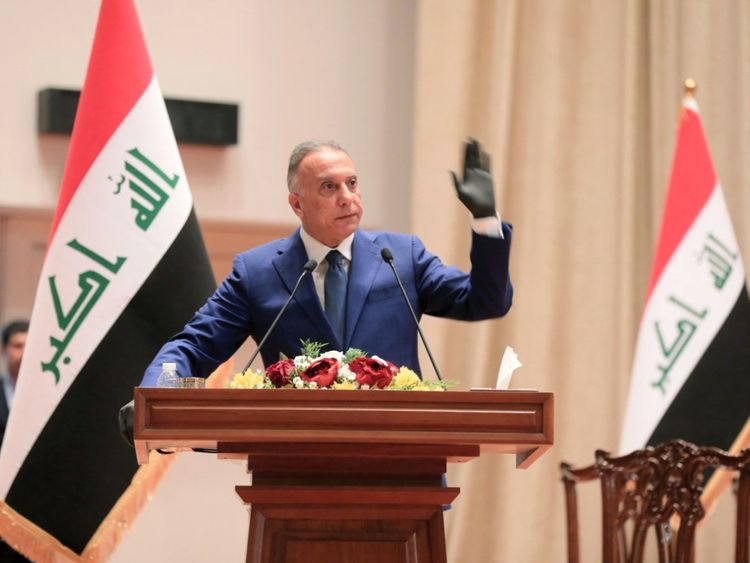In October 2019, Iraqis took to the streets in big numbers, demanding an end to the limitless corruption of those in power, creation of jobs, and improvement in basic services such as water, electricity and health care. These reasonable demands were met with bullets from the security forces and their allied militias.
Up to 600 were killed and thousands injured. Many others were kidnapped and tortured by the militias. Later, Prime Minister Mustafa Al Kadhemi promised early elections — and on October 10, he will be delivering on that promise.
The election is being conducted under a new law whose aim is to prop up independent candidates, with 167 parties running. Though Al Kadhemi’s decision to hold early elections stemmed from his desire to give Iraqis the reforms they seek, the outcome of the polls is very unlikely to bring any real change in the lives of ordinary Iraqis. This is the unfortunate reality of Iraq.
The title fight is, once again, between the pro-Iran parties and their militias, and the political bloc of the other Shiite heavyweight, Moqtada Al Sadr, who is against foreign interference — whether Iranian or otherwise. One of the main contenders, apart from the Sadrists, is the Fatah alliance, the political arm of pro-Iran militias.
The majorities of Iraqis are pinning their hopes on candidates and blocs that are close to the Arab world. However, most sectarian politicians- Shiites and Sunnis have little trust among ordinary voters as they are seen as looking after their own interests rather than those of the community. The Kurds, meanwhile, will be choosing between the Kurdistan Democratic Party and the Patriotic Union of Kurdistan — as they have always done.
So, expect more of the same in Iraq after the elections. A major shift in the political map of Iraq is highly unlikely. There could be minor and cosmetic reforms, mainly economic.
But the fact remains that those leading the polls are the same people who have held power for years, and enriched themselves and promoted their own interests at the expense of ordinary Iraqis. The ethnic and sectarian divisions that have blighted Iraq will, alas, continue.
Source (Click Here)


 RSS Feed
RSS Feed